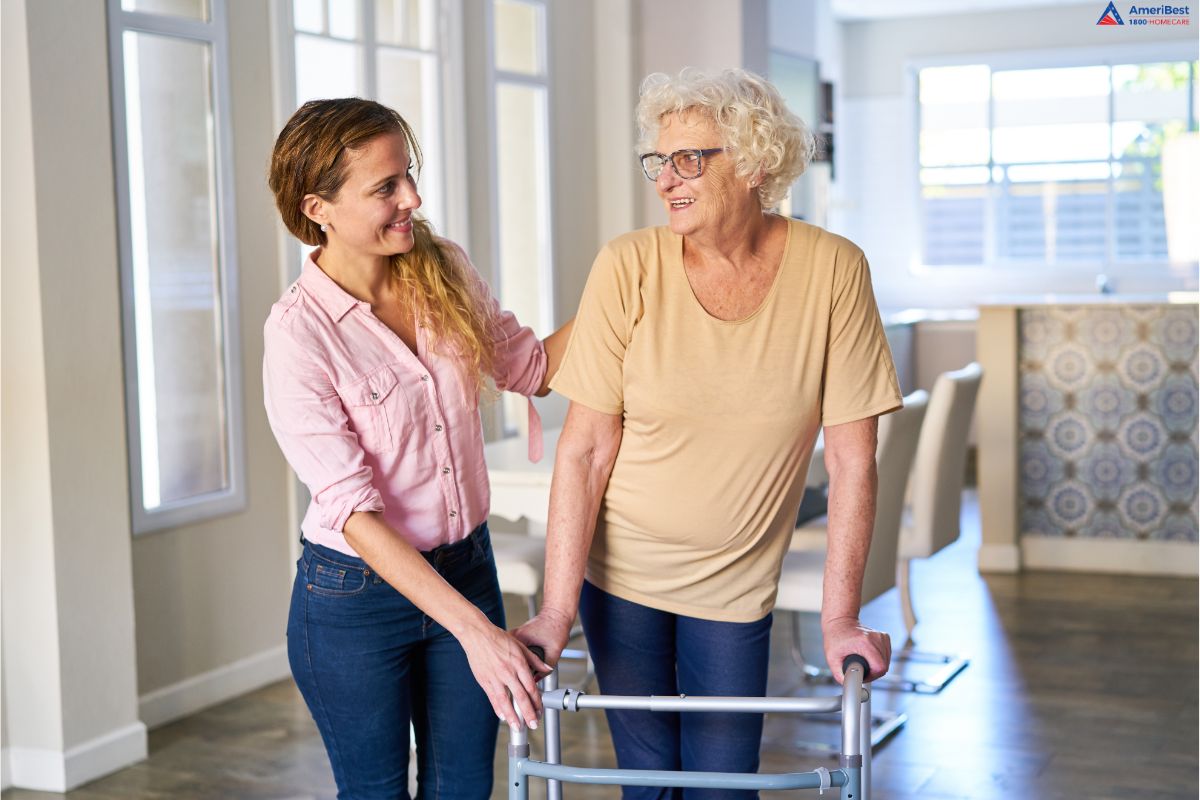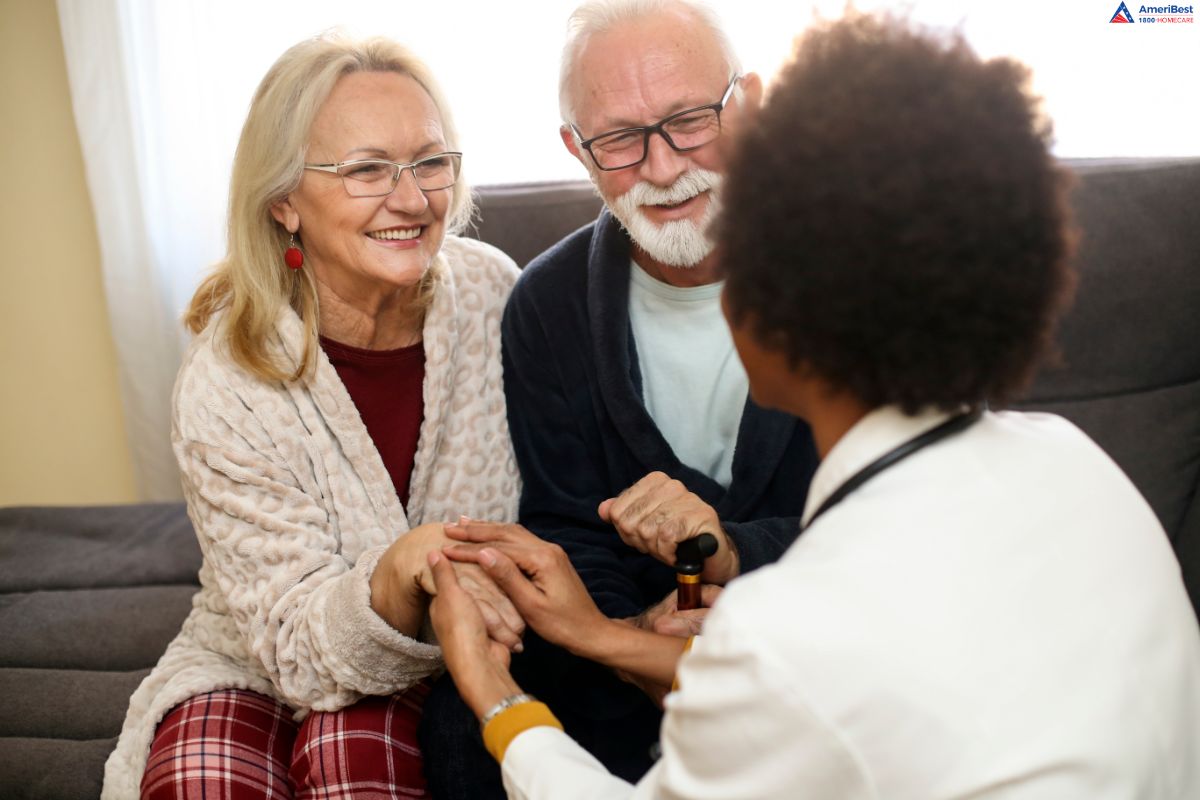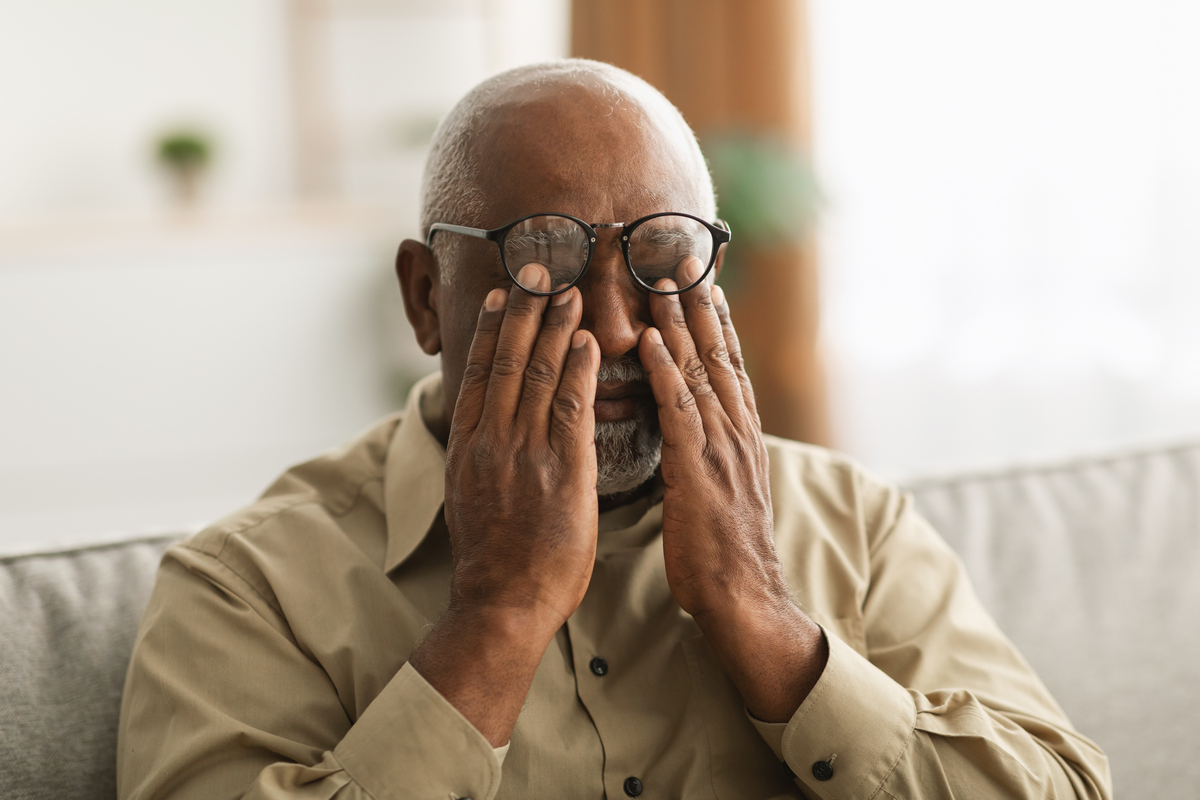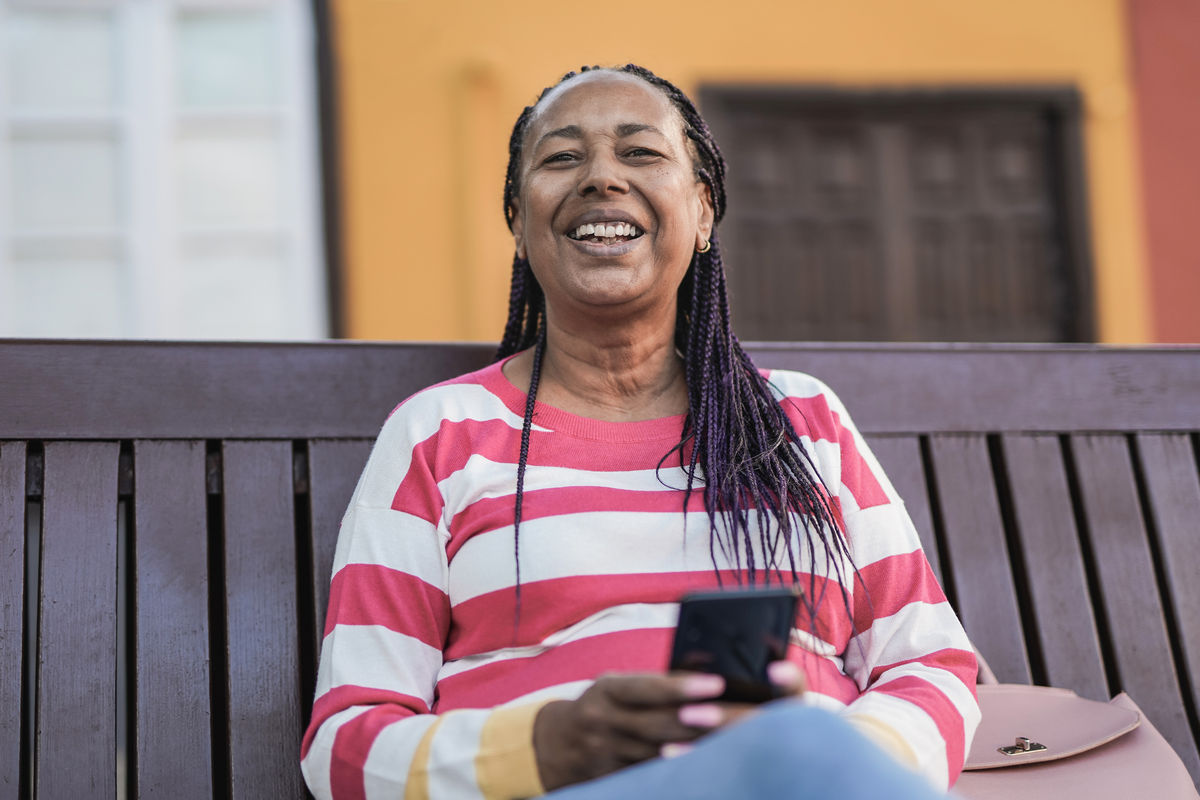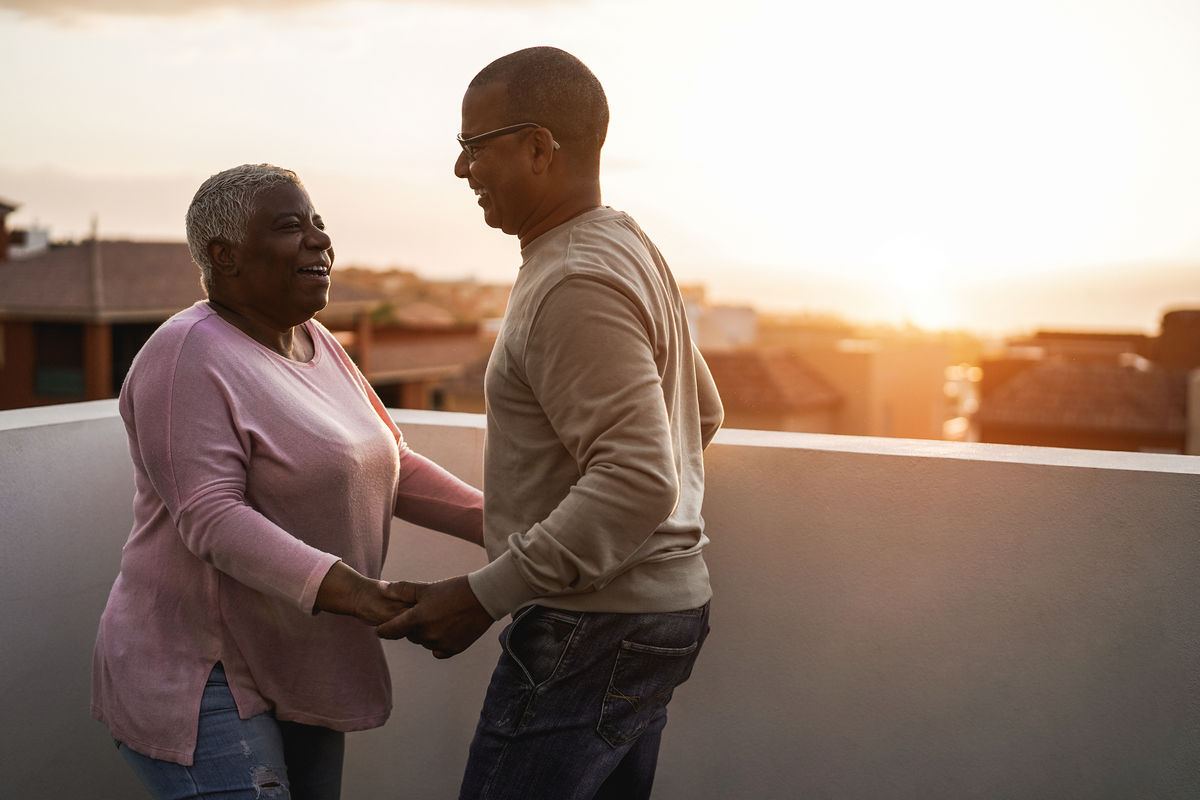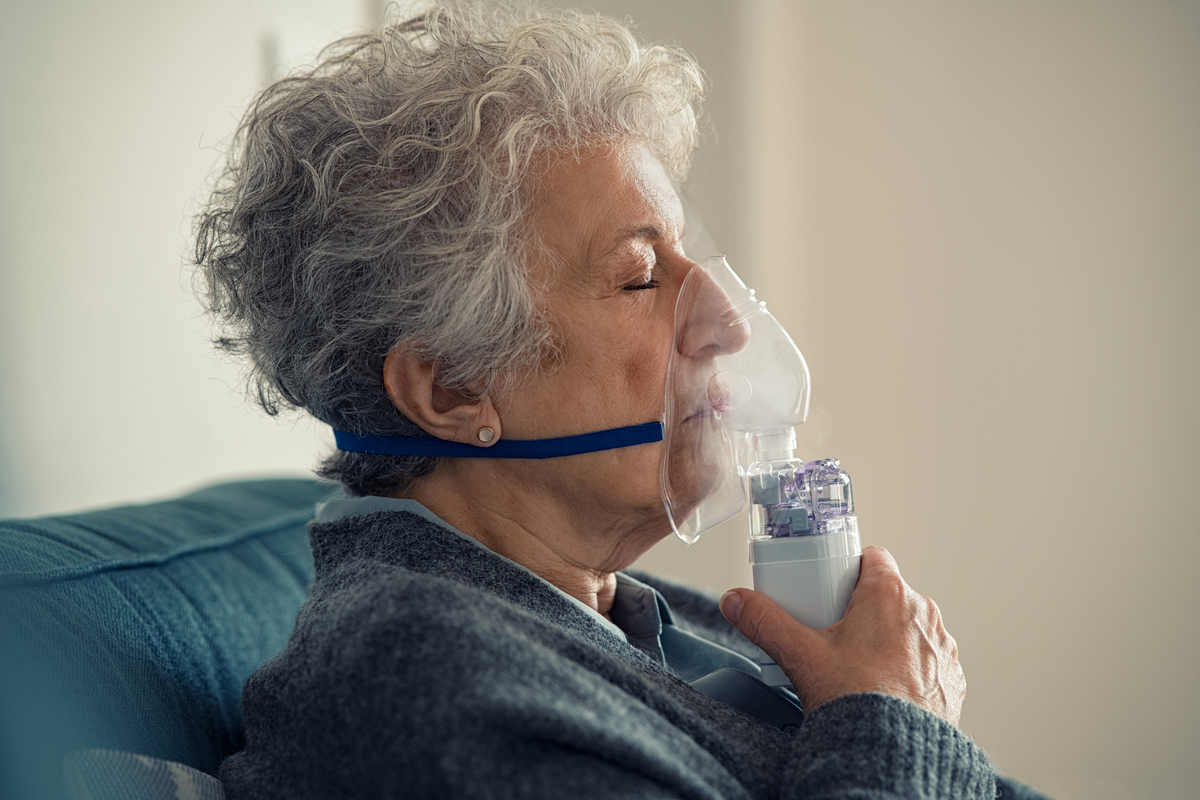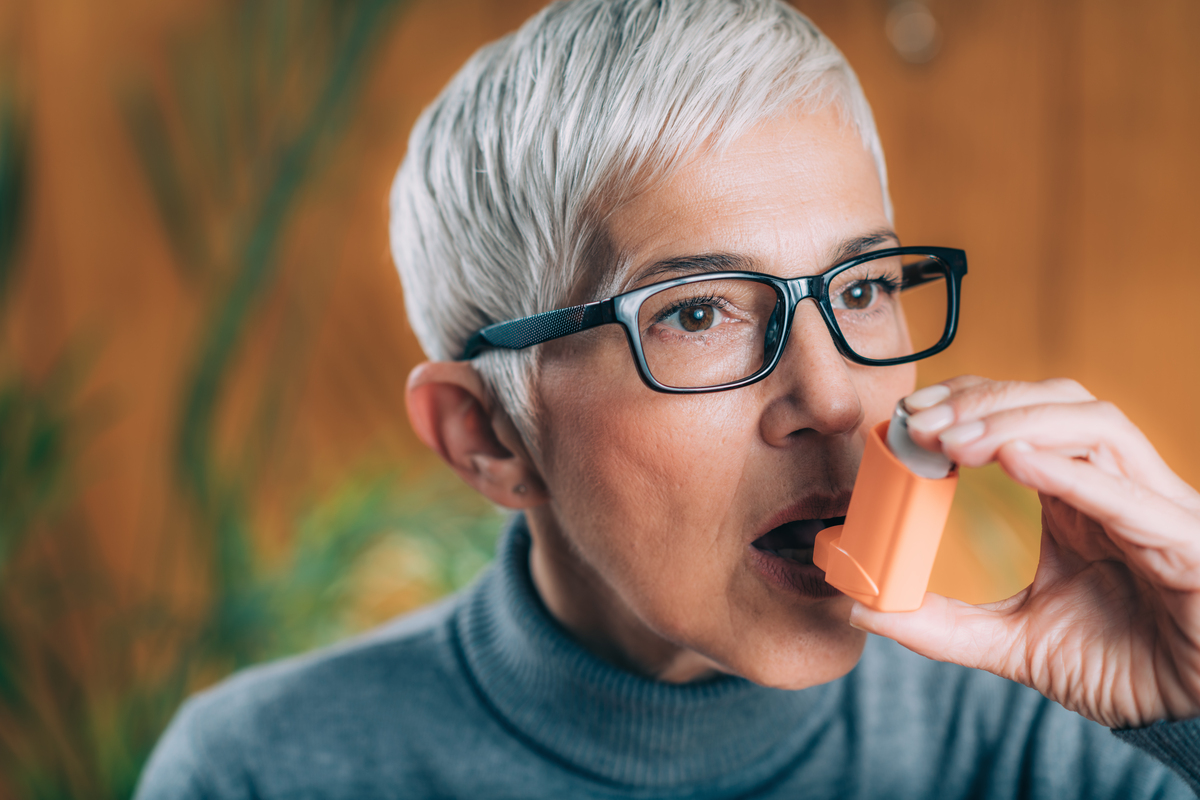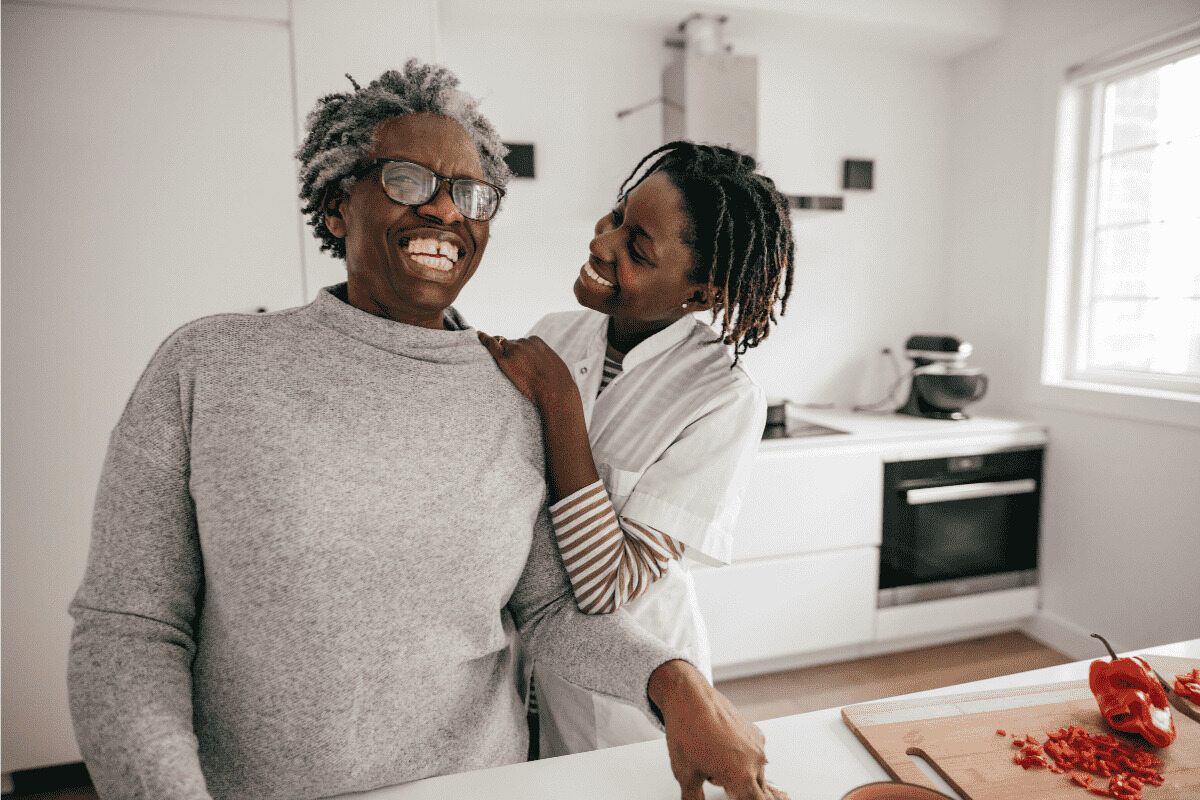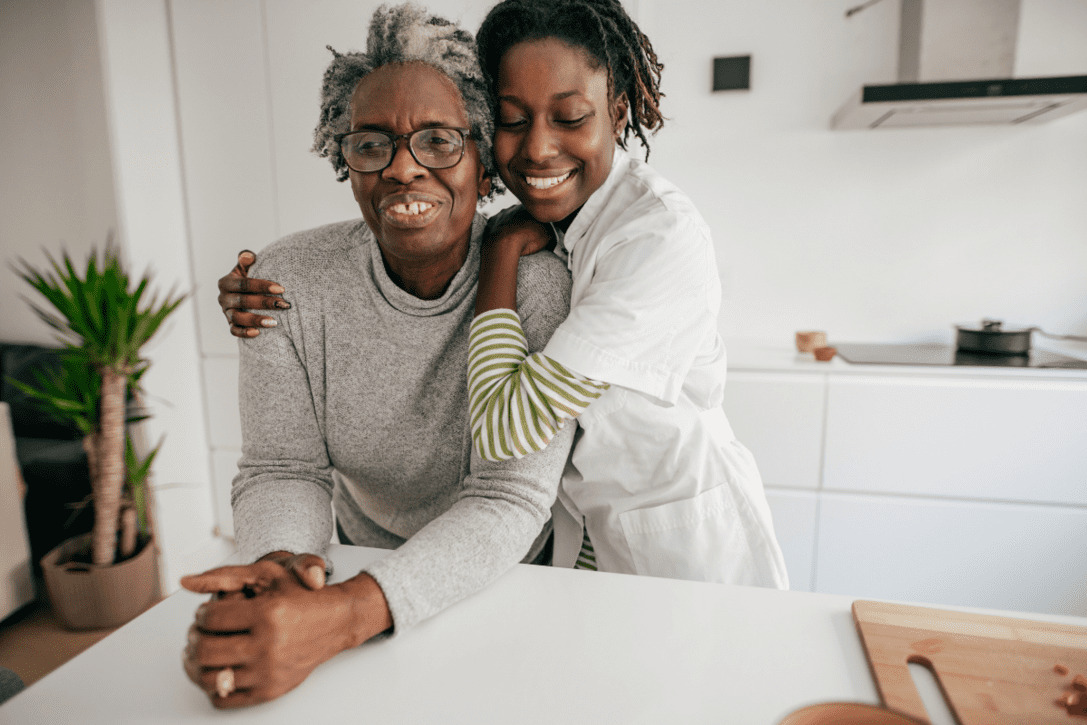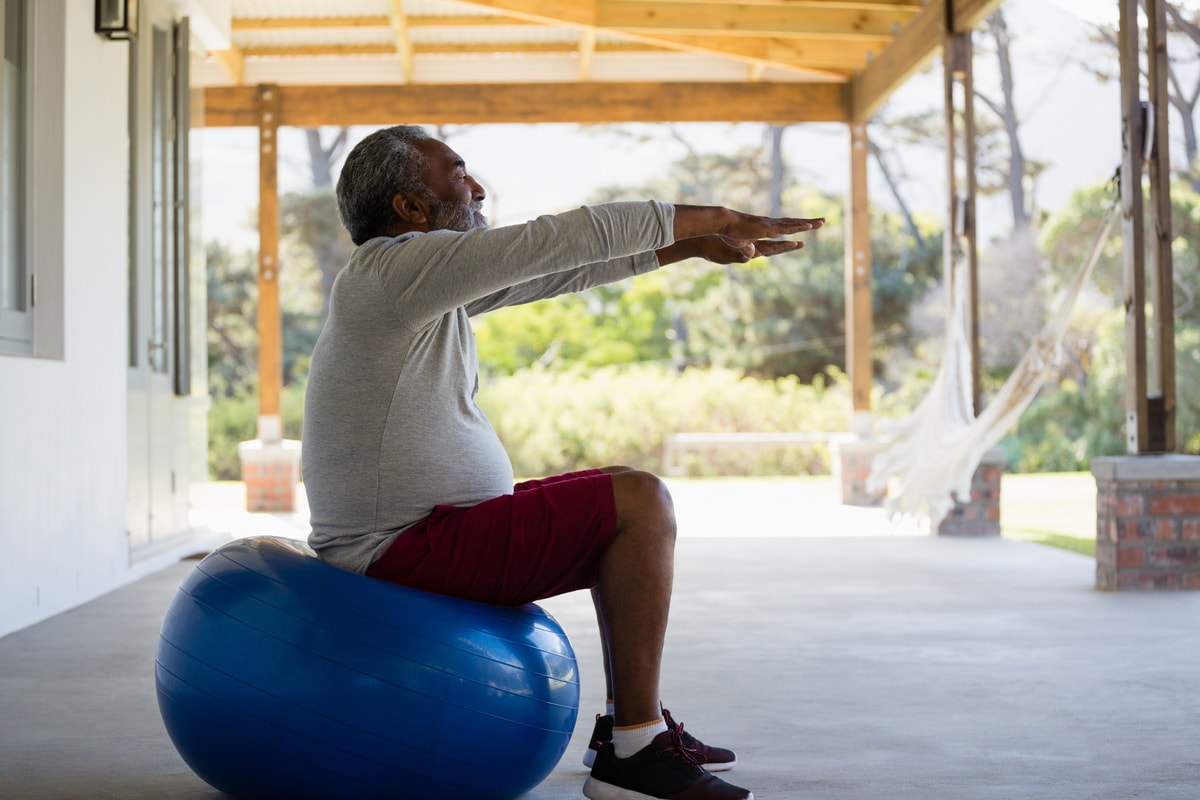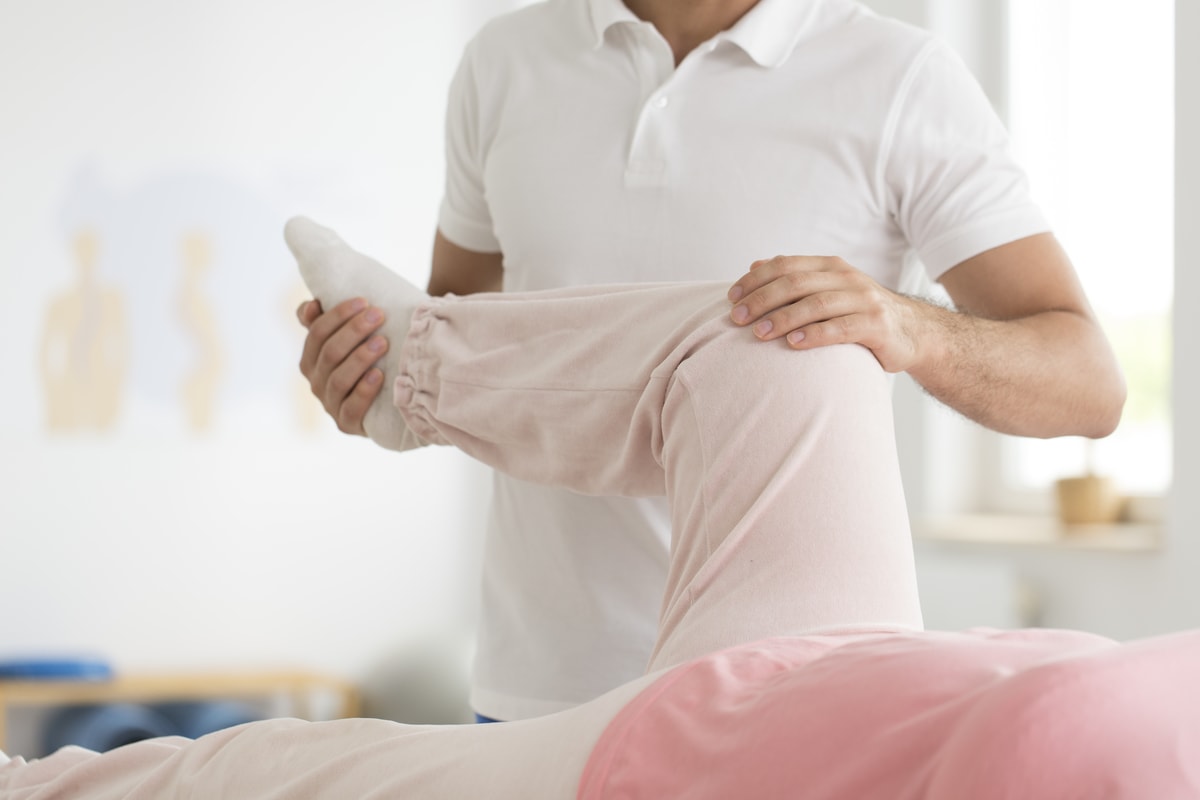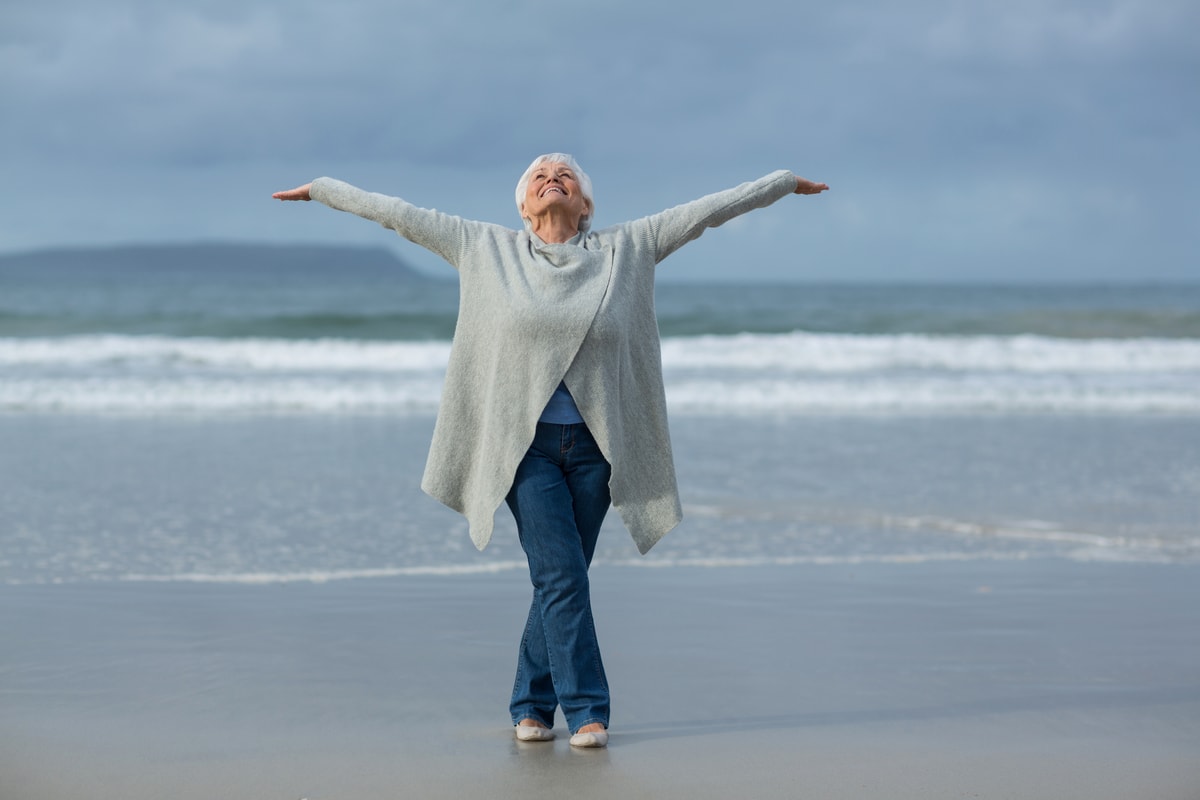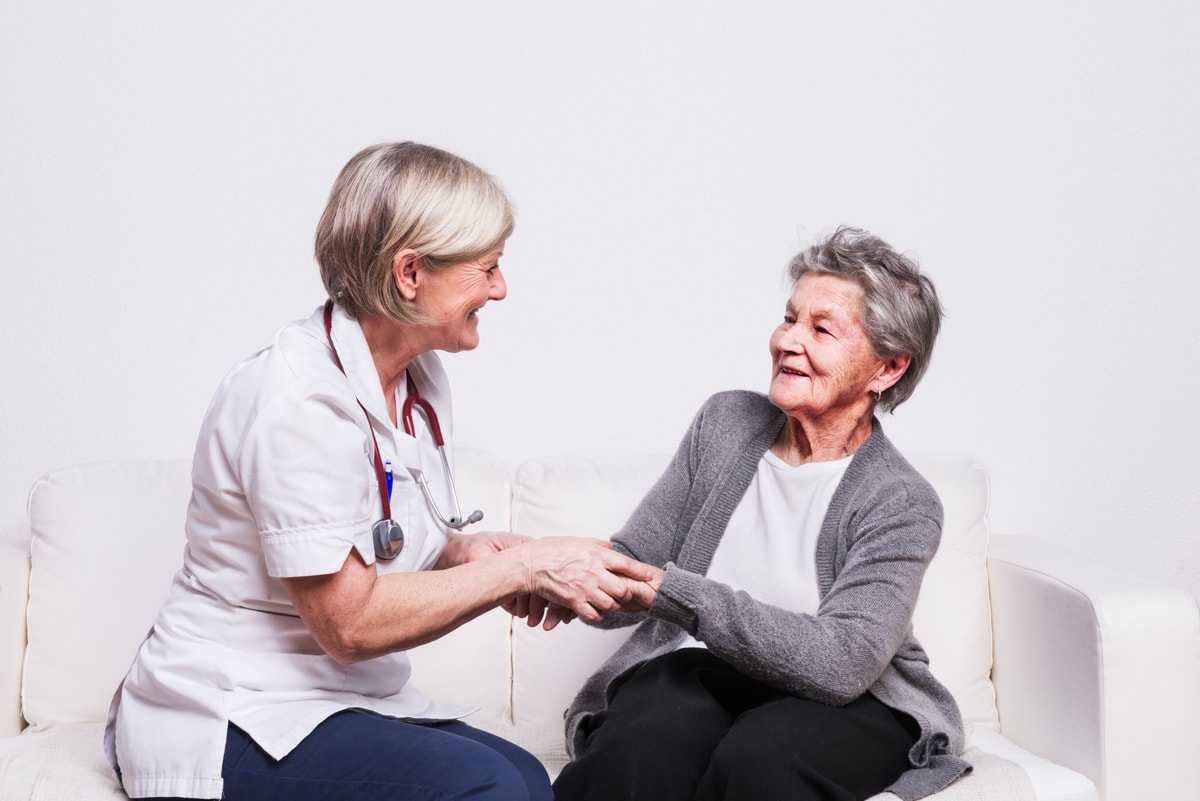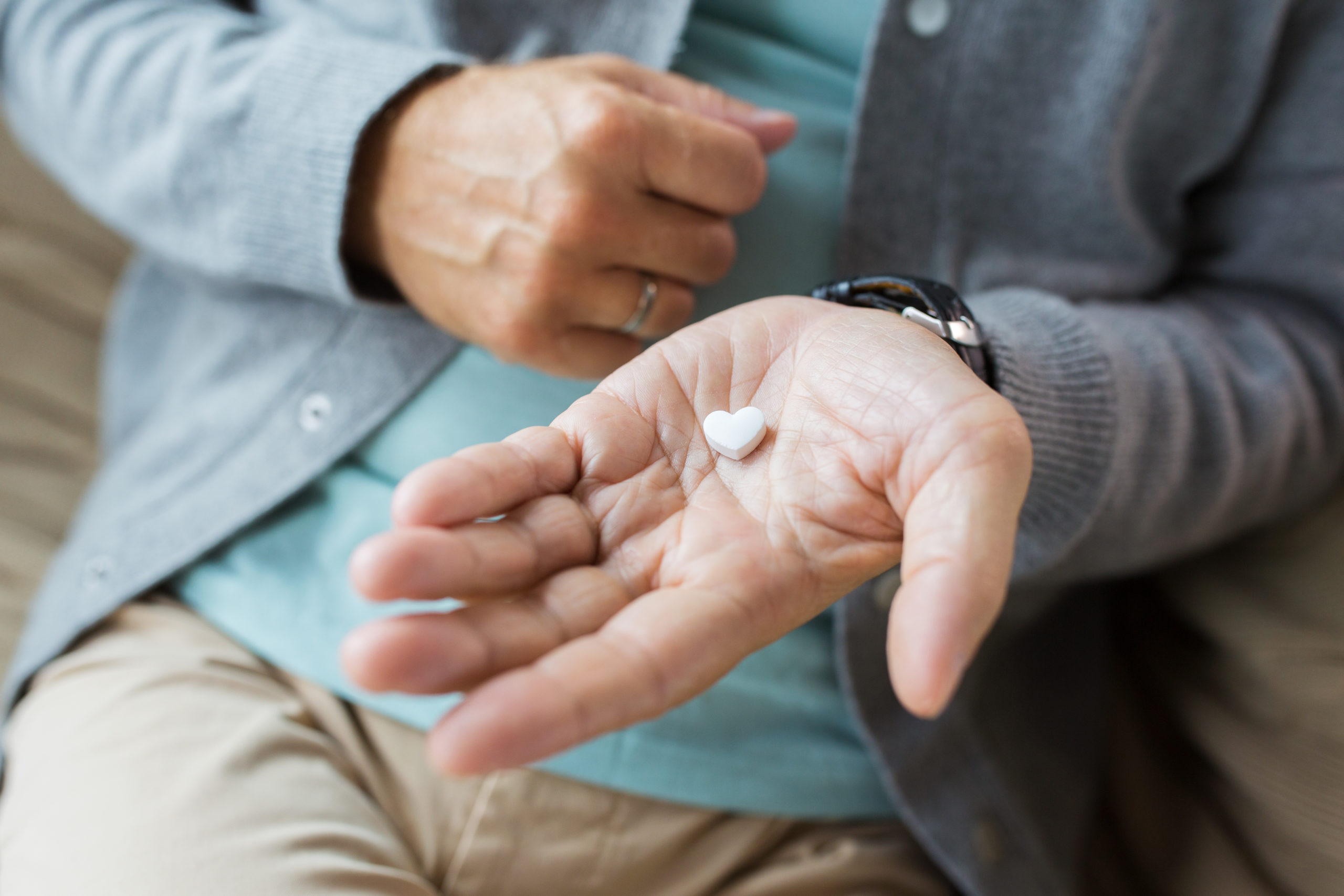As people age, they can experience various emotional and physical changes. Each individual is unique, and so are the areas where they may need additional support. Enlisting the help of a home care agency can help families assist their loved ones with everyday tasks, transportation, and social engagement.
Although home care preferences and needs can vary from person to person, the goal of home care remains the same—to improve the quality of life of seniors. At AmeriBest, a premier Philadelphia home care agency, we offer personalized senior care tailored to the individual. Customized attention and support not only help ensure the health and safety of your relative but also their emotional well-being. If becoming a paid family caregiver isn’t an option, let our personal aide assistants care for your loved one just as you would with a tailored care plan.
Ways in Which Our Philadelphia Home Care Agency Personalizes Senior Care
Specialized care can provide your family members with the assistance they need and you with the peace of mind that they’re being compassionately attended to.
1. Comprehensive Initial Assessment
Customized senior care begins with a comprehensive initial assessment. We take time to listen to each senior’s unique needs and preferences. Additionally, we consider the input and opinions of those who play an important role in the elderly person’s life, including family members and physicians. A thorough assessment reviews all aspects of an individual’s well-being and lifestyle, including their physical health, mental health, social interests, and personal preferences.
2. Customized Care Plans
After an in-depth consultation and assessment, the staff at AmeriBest can create a more individualized care plan tailored to the senior. Personalized plans can better address specific concerns, such as medical conditions or mobility issues. They can also be adjusted to better suit the individual’s daily routine or lifestyle.
For example, AmeriBest personal care aides can help with medication management, dietary needs, transportation, light house cleaning, and recreational activities. As your loved one adjusts to home care, the plan can likely become even more customized to their likes, dislikes, and support needs.
3. Flexible Scheduling
Customization of home care doesn’t stop with the creation of the initial plan. Premier Philadelphia home care agencies, like AmeriBest, understand that care should remain flexible. As your relative’s needs change, so too should the level of care. Additionally, if you decide to become a family caregiver, home care can also adapt to suit your preferences and needs. Flexible services can include part-time care, full-time care, and transportation-only services. Home care should benefit the elderly and their family members; adaptability and flexibility help ensure this even as circumstances change.
4. Emotional and Social Support
Personalized plans typically address more than a person’s standard, such as meal preparation or personal hygiene. We also understand the importance of addressing your loved one’s emotional and social needs. Home care can help provide companionship and social interaction when you’re unavailable. Personal care assistants can converse with your family member, engage in a game, or assist them with going on a walk around the neighborhood. Transportation aspects of a personal care plan can facilitate community engagement, taking elderly individuals to and from social activities to help them maintain a fulfilling and rich life. Something that research has shown improves both mental and physical health.

Why Choose AmeriBest for Your Personalized Senior Home Care
AmeriBest is one of the most reputable providers of in-home care services in Philadelphia, PA. As such, we offer experienced staff who are ready to assist your loved one with a variety of tasks, such as transportation, medication reminders, meal preparation, and self-care assistance. Of course, all based on their personal preferences and needs. We strive not only to improve seniors’ quality of life but also to empower them along the way.
We provide training so loved ones can get paid to care for their elderly relatives, making care more affordable and customized. Whether through tailored home care or family caregiving, our services will give you peace of mind and relieve some stress.
Contact us to learn more about our Philadelphia personal care assistant services.

